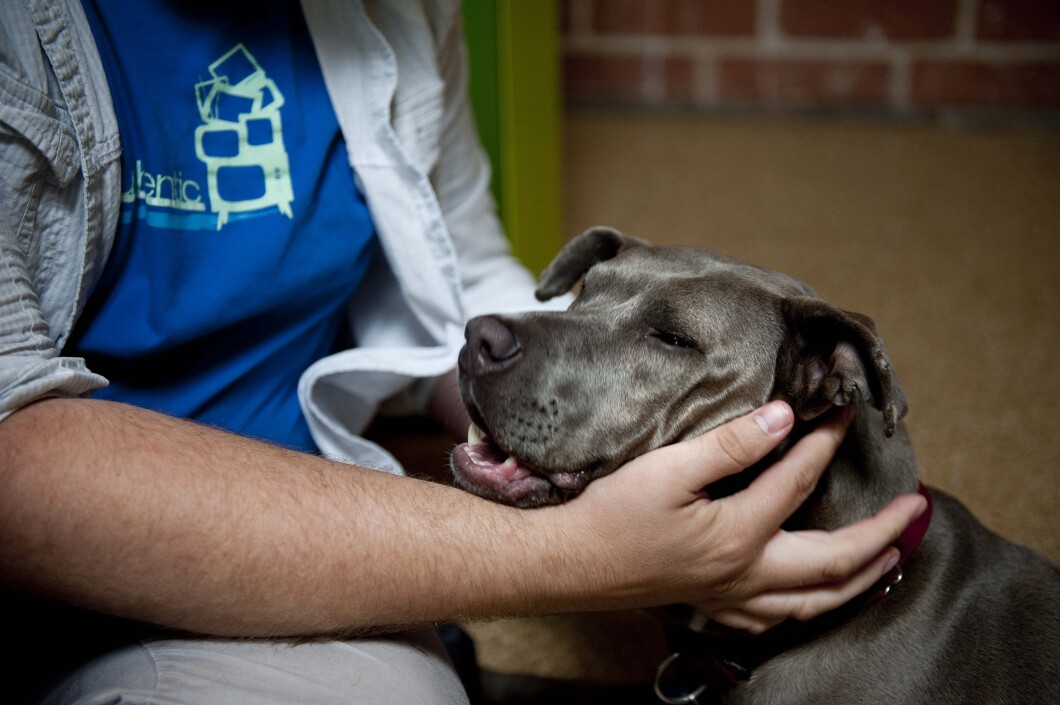
Veterinarians have identified the disease that killed more than 20 dogs in a single Michigan shelter as parvovirus.
From the beginning, veterinarians identified that the symptoms of the previously mysterious illness matched that of parvovirus, but dogs tested negative for the virus. The Otsego County Animal Shelter initially reported it was seeing its dogs die of the disease.
“Screening tests for parvo are done to help guide immediate isolation, disinfection, and treatment protocols. While those tests are valuable in the clinical setting, they are not as sensitive as the diagnostic tests we can perform here in the laboratory,” Michigan State University’s Veterinary Diagnostic Laboratory Director Kim Dodd said in a press release. “We continue to further characterize the virus in hopes of better understanding why those animals were testing negative on screening tests.”
SEE IT: KRISPY KREME ADDS DOGGY DOUGHNUTS TO ITS MENU FOR NATIONAL DOG DAY

“Canine parvovirus is a severe and highly contagious disease in dogs, but MDARD and veterinary professionals have extensive experience with this virus,” State Veterinarian Nora Wineland said. “We have a highly effective vaccine available to help protect dogs from the virus. Dogs that are not fully vaccinated against this virus are the most at risk.”
The affected dogs were not fully vaccinated against the virus, according to the Michigan Department of Agriculture and Rural Development. It is not contagious to humans or other species of domestic animals.
CLICK HERE TO READ MORE FROM THE WASHINGTON EXAMINER
Symptoms of canine parvovirus include loss of appetite, bloating, fever, hypothermia, vomiting, and severe diarrhea, among others, according to the American Veterinary Medical Association.







